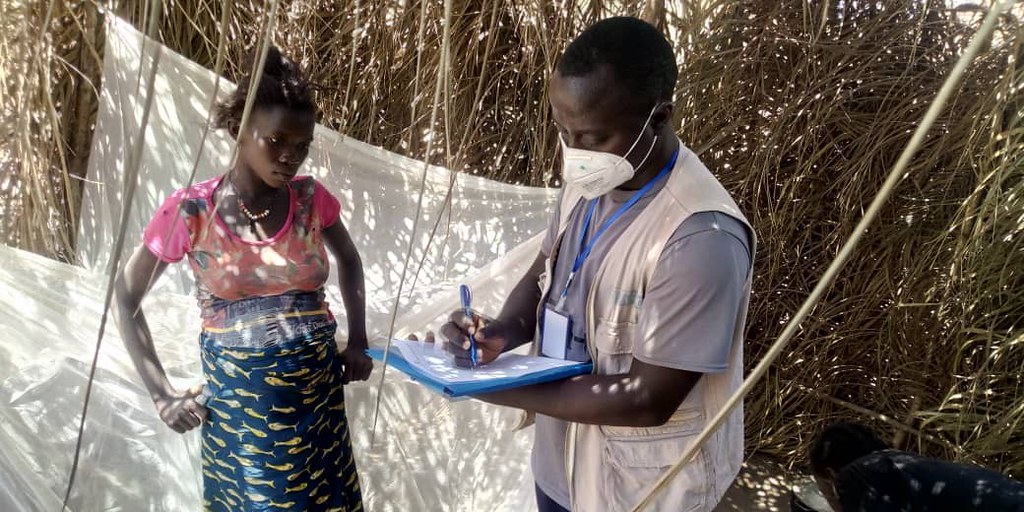
How to attract and retain health workers in rural areas of fragile states? Findings from a labour market survey in Guinea
This study sought to understand how health staff could be better motivated to work and remain in rural, under-served areas in Guinea. To this end three nationally representative cross-sectional surveys were conducted – this article focuses on the health worker survey. The authors found that the locational job preferences of health workers in Guinea are particularly influenced by opportunities for training, working conditions, and housing. Financial aspects and working conditions are considered least satisfactory, and worrying findings include the high proportion of staff favouring emigration, their high tolerance of informal user payments, as well as their limited exposure to rural areas during training.
Download this PLoS One paper here [opens new tab]
Authors: Sophie Witter (Queen Margaret University), Christopher H Herbst, Marc Smitz, Mamadou Dioulde Balde, Ibrahim Magazi & Rashid U Zaman